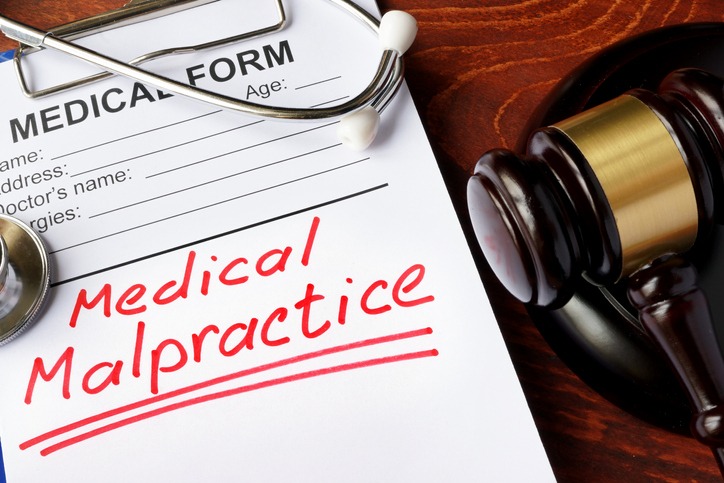Medical malpractice is a legal term that refers to the act or omission of a health care professional that causes injury or death to a patient. Navigating the complex and often confusing legal system can be daunting for those affected by a medical malpractice lawsuit.
This article will provide a brief overview of the basics of medical malpractice and some key terms you may need to understand before starting your legal fight against a negligent doctor or hospital. As you go through negotiating an agreement with the defendant and suing them, you will need to utilize all of your resources to prove that they are legally responsible for your damages.
Types of Medical Malpractice
Misdiagnosis or delayed diagnosis
A doctor or other medical professional may be held liable for causing harm by making an incorrect diagnosis or by failing to diagnose an illness when it was in fact present. A person can file a lawsuit if the delay in diagnosis was the cause of the patient’s illness or death. A doctor can also be held liable for making a mistake about the prognosis of an illness or an injury, such as failing to identify the presence of cancer or to recommend treatment that was not appropriate for the patient’s needs.
Failure to provide adequate treatment for a patient may also result in liability for the physician. For example, if a doctor fails to provide the patient with the correct medication or fails to monitor a patient’s progress to ensure that the treatment is effective, the patient may be entitled to compensatory damages for their losses.
Birth injuries
The most common cause of legal action against doctors and hospitals in the United States is birth injuries. These injuries occur as a result of negligence during the delivery of the baby or a complication of the delivery itself. A doctor may be held responsible if they have committed a medical error during the delivery that is the cause of the injuries or if the doctor has failed to provide the patient with the care they require for their recovery. When a doctor is liable for the injuries caused during the birth of a child, they may be required to pay the victim compensation for their injuries or pay damages in a settlement agreement with the victim’s estate.
Failure to Treat
If a medical professional fails to provide the patient with the proper medical care they need to recover from their injuries or if they fail to take proper action to prevent the complications of the injury, they may be liable for their negligence. Failure to resuscitate a patient may result in liability for the doctor who was present at the time of the accident and failed to provide the appropriate care. For example, if a doctor fails to treat a patient for a heart attack in a timely manner and the patient is later pronounced dead, they may be liable for the loss of the patient’s life and the patient’s family may seek compensation for their loss.
Defective Products
Products that contain dangerous chemicals or other substances that cause injury to a consumer may be held liable for the injuries caused by the product. Some products may be faulty and fail to meet the standards of safety that they are supposed to meet. In these cases, the manufacturer or seller of the product may be liable for any injuries that the product causes to consumers.
How a Lawyer Can Help
A lawyer can help you recover compensation for the medical negligence that has caused you to suffer from a serious injury. A lawyer can assist you in gathering evidence that will be used in court to prove your case and negotiate a settlement with the doctor or hospital that will compensate you for your medical expenses and lost wages. The compensation can include money to cover your medical bills, pain and suffering, emotional distress, and other expenses related to your injuries.
If your injuries were caused by the negligence of a medical professional, you can file a personal injury claim against the doctor or hospital that treated you. However, most medical malpractice claims are complex and the details of the specific incident may be difficult to prove in court. Therefore, it is best to retain a lawyer who has experience representing clients who have suffered from medical malpractice.
Conclusion
The law provides remedies for personal injury, including damages to compensate victims for their pain and suffering, losses of future earnings, loss of consortium, and punitive damages. A personal injury claim is one in which a victim is injured as a result of a specific act, or omission, of another person or entity. Medical malpractice can include a failure to diagnose or treat a patient or an intentional negligence by a doctor in which the patient is left in severe pain and suffering. If you are injured in a medical malpractice case, you may be entitled to compensation for the damages caused to you. Contact an experienced lawyer today to discuss your case and see if you have a case against the negligent doctor.
